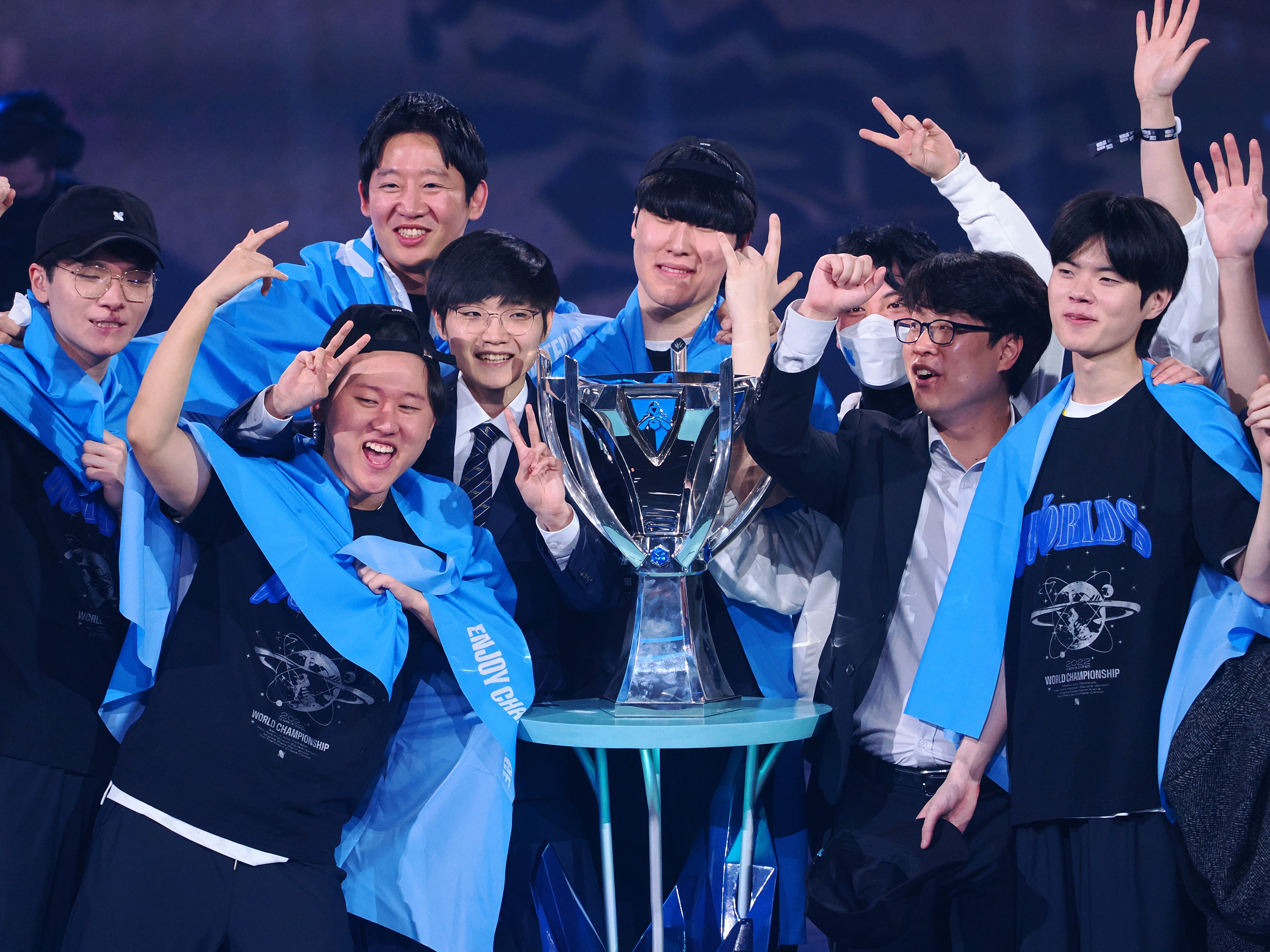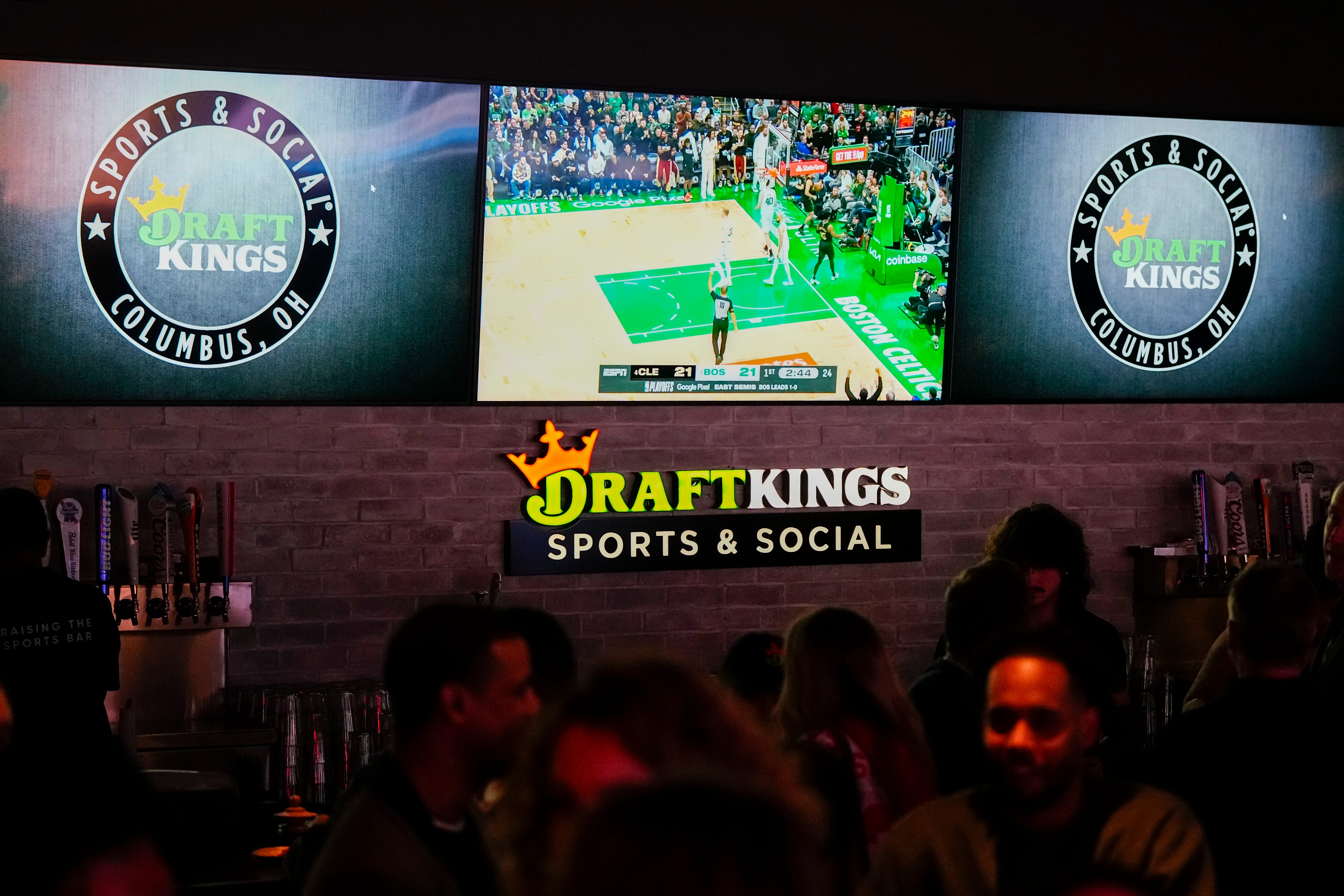Back to Square One for California Legal Sports Betting Scene

Last week, two new attempts to jumpstart the development of a legal sports betting industry in California were met with the same fate as previous efforts. The California Nations Indian Gaming Association (CNIGA) unanimously voted against the proposals, delaying the availability of top sports betting apps for residents.
The primary objective of any gambling initiative in California should be to gain the approval of the state’s Native American tribes, who hold a monopoly over the gambling industry. Unfortunately, the two proposals presented did not advance the goal of legalizing sports betting in California and may have even hindered progress.
“The initiative sponsors handled the entire effort surrounding these initiatives in an abhorrent manner,” stated CNIGA Chairman James Siva. “It is offensive to hear these individuals speak. This is a clear attempt by outside influences to divide and conquer Indian tribes. We will not allow history to repeat itself.”
More on the two proposals
In late October, the “Tribal Gaming Protection Act” and the “Sports Wagering Regulation and Tribal Gaming Protection Act” were submitted to California’s attorney general in an effort to kickstart the process of establishing a legal sports betting platform in the state. The initiatives were introduced by non-tribal supporters and led by Kasey Thompson and Reeve Collins.
The issue is that all fifty-two members of the California Nations Indian Gaming Association unanimously opposed the sports wagering initiatives.
The two initiatives maintained California Native Nations’ exclusivity rights for gambling while also prohibiting non-tribal operators from conducting business in the state. However, tribal entities were not involved in the development of the plans and were unaware of them until they were publicly released.
The strong resistance to the two recent proposals indicates that California tribes must be included in discussions regarding any potential legal sports betting plan for the state. They are unwilling to accept any violation of their state compact or relinquish their control over the legal sports betting industry in California.
Irreparable harm done?
California tribes have always been open to forming partnerships with others to establish a legal sports betting platform in their state. The California Nations Indian Gaming Association has consistently supported collaboration efforts.
The lack of tribal consultation in the presentation of the proposals is the main reason for the Nations’ discontent with the initiatives in this case.
Kasey Thompson and Reeve Collins’ failure to consult with tribal entities, who hold the power over the expansion of the California legal gambling industry, could not only result in consequences for their actions but also trigger increased scrutiny for future proposals.
Chairman James Siva has made it clear that moving forward, any lack of consultation will not be accepted. He emphasized that California tribes have been in the gaming market for over four decades with careful consideration for their members and communities. Tribal leaders, as experts, will determine what is best for their people. Siva called on sponsors to drop initiatives that are not supported by tribes, as they had pledged to do if opposed by tribes. The opposition from tribes is clear and final.
What’s next?
Amid the controversy, some clarity has emerged regarding the status of Tribal sports betting in California. It appears that a retail platform at tribal casinos will be established before mobile sports betting becomes available in the state. However, it may still be a while before mobile sports betting is launched.
Currently, the two initiatives put forward last month, without tribal consultation, have no chance of being implemented and are considered dead on arrival.
This indicates that the proposed initiatives are unlikely to be included on the 2026 election ballot, resulting in a reset to the starting point for the legalization of sports betting in California.
In order to appear on the 2026 general election ballot, ballot measures need to secure almost a million signatures and be submitted within the next four months. Without any major changes, there is a tight deadline for any proposal and signature collection efforts to reach voters in 2026.
This also suggests that California could potentially join the legal sports betting market in the United States by 2025.







